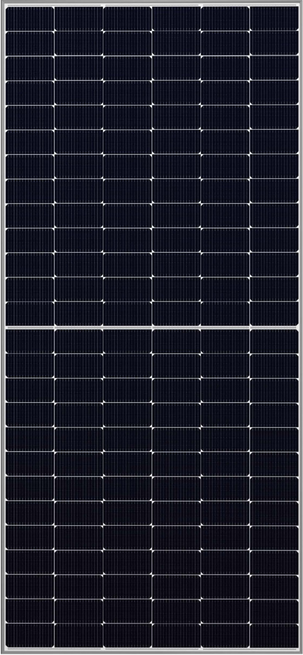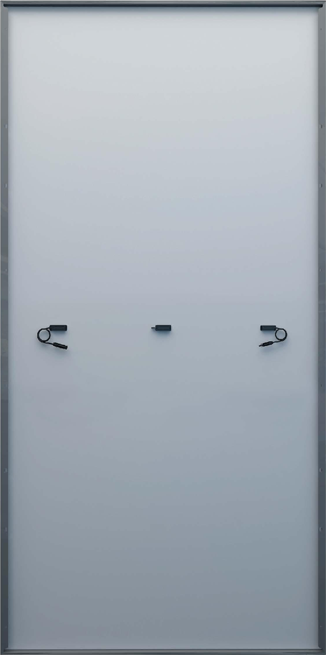Function
Photoelectric conversion: Solar panels absorb photons in sunlight, stimulate electrons to generate current, and realize the conversion of light energy into electrical energy.
Green and environmentally friendly power generation: The solar power generation process is pollution-free, noise-free, and does not emit greenhouse gases. It is a kind of clean energy.
Independent power supply and grid-connected power generation: It can provide independent power supply for off-grid equipment, or it can be connected to the power grid for more users.
Wide application: It is suitable for home, commercial, industrial and public facilities, and can power various electrical equipment.
Combined with energy storage system: It can be combined with battery energy storage system for daytime power generation and nighttime use to improve energy self-sufficiency and energy management flexibility.
Efficiency of solar panels
The efficiency of solar panels refers to its ability to convert light energy into electrical energy, usually expressed as a percentage. Efficiency is affected by many factors such as materials, design, and technology. Common types and their efficiencies:
Efficiency range: 17%-22%
Features: High efficiency, excellent photoelectric conversion performance, suitable for application scenarios with limited space but high output requirements.
Polycrystalline silicon solar cells:
Efficiency range: 15%-18%
Features: Relatively low cost, but slightly lower efficiency than monocrystalline silicon, suitable for large-area applications, such as ground photovoltaic power stations.
Thin-film solar cells:
Efficiency range: 10%-12%
Features: Lightweight, suitable for installation on roofs, building exterior walls and other scenes, but low efficiency, conversion rate is worse than crystalline silicon cells.
High-efficiency solar cells (such as PERC cells, IBC cells):
Efficiency range: 22%-24% (PERC); 24%-26% (IBC)
Features: Advanced technology improves the photoelectric conversion efficiency of the cell, suitable for high-end applications, such as industrial and commercial occasions with large electricity demand.
Factors affecting efficiency
Environmental factors: Such as the intensity of sunlight, weather conditions, temperature, dust, etc. will affect the actual power generation efficiency of solar panels.
Installation angle and orientation: The best angle and orientation facing the sun can improve the energy absorption of the panel.
Panel quality: High-quality panels can maintain high power generation efficiency in long-term use and have a slow decay rate.






















